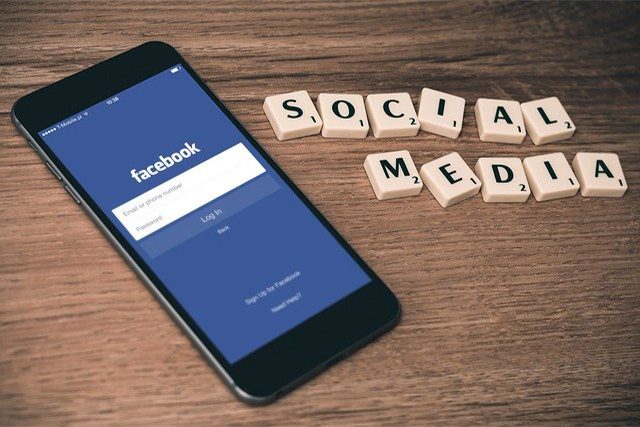Filipinos turned to social media as they power through the COVID-19 pandemic and the long-running lockdown.
As they feel the impact of the global health crisis, they took to social media to express their thoughts and emotions.
A recent report by Dentsu Aegis Network showed that there were over 43 million total conversations on social media in the Philippines from March 15-23, the initial period when the government placed Luzon under enhanced community quarantine before it was extended until May 15.
Starting May 16, the National Capital Region, Laguna and Cebu City would be placed under modified community quarantine, where several industries are expected to reopen. The rest of the Philippines would be placed under general community quarantine or modified general community quarantine.
READ: From ECQ to modified ECQ and modified GCQ, what do these phases mean?
“Based on our social media audit, the top conversation themes are confusion, political opinion, support for frontliners, coping, distractions, health & wellness, and food,” said Jim Guzman, network head of social for Dentsu Aegis Network and general manager of D+GILIITY command center, in a webinar hosted by M2LIVE.
Titled “Social in the Age of Social Distancing,” the webinar was held last April 30.
Aside from Guzman, the webinar featured panelists Ace Gapuz (CEO, Blogapalooza), Justin Joyas (head of social, GMA News), and moderator Gretchen Ho (TV host, ABS-CBN).
During which, it was revealed that in the Philippines, the conversations revolve around fan-driven mentions in an attempt on virality for celebrities, overall mentions on COVID-19 and the imposed lockdown.
On the other hand, circulating images online are mostly hinged on memes about boredom indoors as well as informative photos on governmental efforts.
“Some of the most engaging posts on social during this time are memes. I believe this is a testament to the indestructible Filipino spirit: We use humor to diffuse conflict and survive tough times,” Guzman said.
To determine the top online conversations, the D+Gility team conducted a social listening scan on global COVID-19 online conversations, zooming on findings from Philippines.
They used social listening tool Talkwalker and focused on COVID-19 related conversations and limit to those that are geotagged in the Philippines.
The social scan found that 3,787,250 mentions within the Philippines were COVID-19 related.
The conversation drivers for these include news updates, distress in applying safety measures, praise for frontliners, criticisms on government, warnings on fake news, netizen’s empathy, Filipinos’ optimism, among many others.
Brands and influencers are determined to be taking a proactive response to the pandemic on social, with companies like Ligo and thought leaders like Sen. Risa Hontiveros garnering the most engaging posts.
READ: The rise of Ligo Sardines as a social media voice during COVID-19 crisis
“They have a very important role to play in society during this time. They are sources of information, inspiration, learning, and entertainment,” Gapuz said.
Despite the livelier social media conversations amid the stay-at-home directive, Joyas reminded the public of the presence of fake news.
He said the current volume of misinformation online has gained unprecedented pace.
“Fake news has always been here, but this time the stakes are ratcheted up. People’s health and well being are at risk,” said Joyas, who says the current volume of misinformation online has gained unprecedented pace.
To avoid fake news online, the social media manager advised the public to observe the following measures:
- Check URLs closely
- Be skeptical of headlines
- Investigate sources
- Watch for unusual site formatting
- Check evidence
- Cross-reference with other reports and
- Inspect posting date
“During this desperate time, we are hungry for information, but we need to make sure that the information we get is fact-based and correct,” he said.
On Tuesday, Facebook said it flagged around 50 million pieces of COVID-19-related content as “misleading.”
It added that since March 1, the social networking siteremoved over 2.5 million pieces of organic content about the sale of masks, hand sanitizers, surface disinfecting wipes, and COVID-19 test kits.










